Precision China CNC Turning Services
HRC provides precision CNC turning services in China to meet the most demanding engineering requirements.
Whether you need a single prototype, small batch production, or full-scale manufacturing, our advanced CNC lathes deliver exceptional accuracy, repeatability, and surface quality.
- High Precision & Accuracy
- Versatile Material Capability
- Fast Production with Automation
Order CNC Precision Turned Parts With HRC
We make ordering custom CNC turned parts fast and simple. With our advanced machining capabilities, we can handle complex geometries, tight tolerances, and various surface treatments—all under one roof. Our streamlined process includes:
- Rapid Quoting: Submit your CAD files, and we provide an instant, competitive quote.
- Material Selection: Choose from a wide range of metals and plastics.
- Precision Machining: State-of-the-art CNC lathes for consistent accuracy.
- Inspection & Quality Control: Every part is checked to meet ISO standards.
- Fast Delivery: Quick turnaround without compromising quality.
Our CNC turning solutions help you reduce lead time, lower costs, and improve product reliability.

CNC Turning for Every Step of Production
Prototype CNC Turning Parts
During product development, speed and accuracy are critical. Our prototype CNC turning services allow you to validate designs, perform functional testing, and make design adjustments quickly before moving to mass production. We specialize in producing high-precision prototypes with complex geometries and exact tolerances to replicate production-level quality.
Small-Batch CNC Turning
For low-volume or custom production runs, our small-batch CNC turning ensures flexibility without sacrificing precision. This service is ideal for pre-production, market validation, and custom components where large-scale production is not required. By combining CNC automation with experienced machinists, we guarantee superior quality even for small quantities.
Why Select HRC for CNC Turning Services?
Advanced CNC Turning Capabilities
HRC operates state-of-the-art CNC machining facilities equipped with high-precision multi-axis CNC lathes and automated systems. Our advanced equipment allows us to produce highly complex turned components with superior accuracy and consistency. We provide fast turnaround, often within 5–7 days, helping you accelerate product development without sacrificing quality.
Complete CNC Turning Solutions
We offer comprehensive CNC turning services covering the entire production cycle—from rapid prototyping to low-volume manufacturing. Our integrated workflows ensure seamless transition between stages, maintaining tight tolerances, excellent surface finishes, and cost efficiency. Whether you need functional prototypes or ready-to-market parts, we provide solutions tailored to your project requirements.
Expert CNC Engineering Team
Our team consists of highly skilled engineers with in-depth knowledge of DFM (Design for Manufacturability), material properties, and CNC programming. We provide technical guidance at every step—design review, process optimization, and quality inspection—to eliminate risks and reduce production costs. This ensures smooth communication and exceptional results for even the most challenging projects.
Handling Complex CNC Turning Projects
HRC specializes in manufacturing complex cylindrical and custom-shaped parts, including stepped shafts, bushings, collars, and precision housings. We work with both metals and engineering plastics, delivering parts with outstanding dimensional accuracy, superior surface finishes, and excellent performance under demanding conditions. No matter the complexity, we guarantee reliability and precision in every detail.
CNC Turning Materials
Our CNC turning capabilities cover a comprehensive range of metals and engineering plastics to meet diverse industry needs:
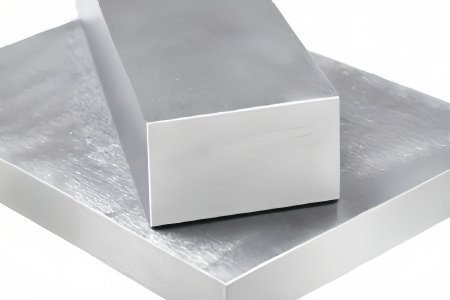
Aluminum
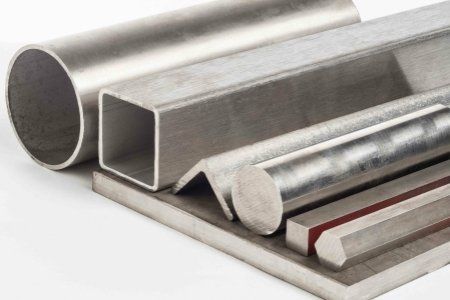
Steel
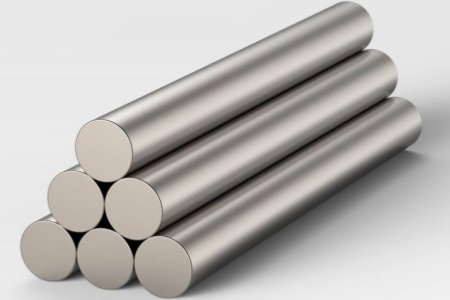
Titanium
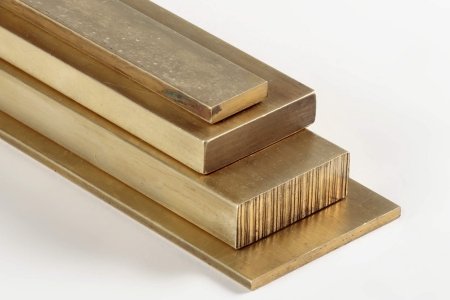
Brass
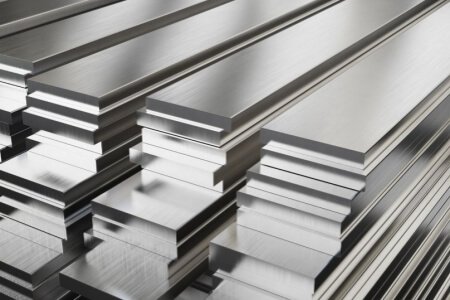
Stainless Steel
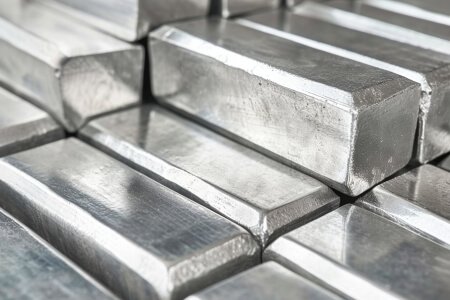
Magnesium

ABS
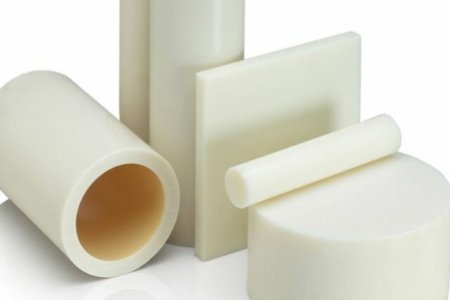
Nylon

PEEK
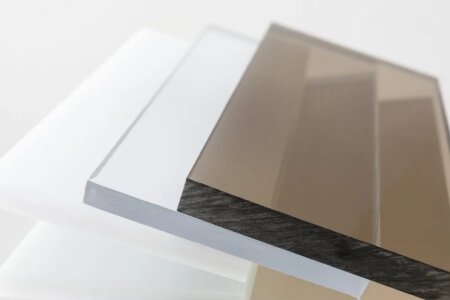
PC (Polycarbonate)

POM (Delrin)
CNC Turning Surface Finishes
Finishing options improve appearance, corrosion resistance, and durability:
As Machined + Deburring

The standard finish straight from the CNC machine. All sharp edges and burrs are removed for a clean, functional part. Typical surface roughness: Ra 3.2 μm. Cost-effective with no additional processing time.
Sandblasting

A process that propels abrasive media at the part surface to create a uniform matte or satin texture, hiding tool marks and providing a great base for painting. Available in various grit sizes for different texture levels.
Anodizing

An electrochemical process for aluminum that increases corrosion resistance and surface hardness. It also allows for dyeing the part in various colors (Type II and Type III Hardcoat). Provides excellent wear resistance and electrical insulation.
Electroplating

A process that deposits a thin layer of metal (e.g., nickel, chrome, zinc, gold) onto the part surface for enhanced corrosion resistance, wear resistance, and aesthetic appeal. Can improve electrical conductivity and solderability.
Electrochemical Polishing

An advanced process that uses electrical current and specialized electrolytes to remove surface material, resulting in a smooth, mirror-like finish. Ideal for complex geometries and internal surfaces that are difficult to polish mechanically.
Brushed Finish

A directional satin finish created by brushing the material with an abrasive belt. Common for decorative metal parts like appliance housings, architectural elements, and consumer products. Available in different patterns and coarseness.
Powder Coating

A dry finishing process where electrostatically charged pigment powder is applied to a part and then cured under heat to form a durable, protective, and decorative layer. Available in countless colors and textures with excellent durability.
Laser Engraving

A precise, permanent marking method to add serial numbers, logos, barcodes, or other identification directly onto the part surface. Works on metals, plastics, and other materials without affecting material properties.
CNC Turning Tolerance Standards
Introduction to Tolerances in CNC Turning
CNC turning tolerances define the allowable deviation in part dimensions during machining. At HRC, we maintain high precision standards to ensure part accuracy, compatibility, and performance.
Standard Tolerance Capabilities
Our turning capabilities cover a wide range of tolerance levels. Below are our general and precision standards for common features:
| Feature Type | Standard | Precision |
|---|---|---|
| Diameters | ±0.025 mm (±0.001") | ±0.0127 mm (±0.0005") |
| Linear dimensions | ±0.05 mm (±0.002") | ±0.025 mm (±0.001") |
| Concentricity | 0.05 mm (0.002") | 0.025 mm (0.001") |
| True position | 0.08 mm (0.003") | 0.05 mm (0.002") |
Factors Affecting Tolerances
Several elements determine achievable tolerances:
- Material properties: Hardness, stability, and thermal expansion.
- Part geometry: Thin walls or long parts are harder to maintain precise.
- Feature location: Features far from the chuck can increase deviation.
- Machine capability: Rigidity, spindle precision, and tool wear.
- Environment: Temperature and humidity affect dimensional stability.
Inspection Methods
We use advanced tools to guarantee accuracy:
CMM
Coordinate Measuring Machines capture precise 3D measurements for complex geometries.
Optical Comparators
Profile inspection and dimensional verification for intricate features.
Surface Roughness Testers
Ensures surface finish meets specified requirements.
Note: All tolerances comply with ISO 2768 and ASME Y14.5 standards, as well as customer-specific requirements.
Custom Turning Design Guidelines
Design for Manufacturability (DFM) Principles
Efficient CNC turned parts follow these key principles:
- Simplify geometries where possible
- Standardize features and sizes
- Ensure tool access and clearance
- Design for stability during machining
- Minimize setups and operations
- Internal corners: Min radius 0.4 mm (0.016")
- External corners: Sharp or radiused
- Grooves: Width ≥ 1.5 × depth
- Threads: Standard sizes preferred
Wall & Hole Guidelines
| Feature | Minimum | Preferred |
|---|---|---|
| General walls | 0.5 mm (0.020") | 1.0 mm (0.040") or more |
| High stress walls | 1.5 mm (0.060") | 2.5 mm (0.100") or more |
| Standard drilled holes | 0.5 mm (0.020") | Depth-to-diameter ≤ 4:1 |
| Deep holes / gun drilled | 1.5 mm (0.060") | Depth-to-diameter ≤ 10:1 |
Drawing & Documentation
Provide complete documentation including:
- Fully dimensioned drawings with tolerances
- Critical features clearly identified
- Material specifications
- Surface finish requirements
- Special instructions (deburring, handling, etc.)
Pro Tip: Consult our engineering team during design to optimize manufacturability and reduce costs.
FAQs About CNC Turning
What is CNC turning and how does it work?
CNC machining turning process where a computer-controlled lathe rotates the material while cutting tools shape it into precise parts. This method ensures high efficiency and consistent quality.
Can CNC lathe turning handle different materials?
Yes, CNC lathe turning can work with metals like aluminum, steel, and brass, as well as plastics, producing high-quality CNC turned parts suitable for various industries.
How precise are CNC precision turning processes?
CNC precision turning can achieve tight tolerances down to microns, making it ideal for components requiring exact dimensions and consistent quality in high-performance applications.
Why should I choose a professional turning service?
A reliable turning service guarantees accurate dimensions, high-quality finishes, and reduces production errors, especially for complex CNC lathe turning projects.
What types of parts can be made with turning CNC machines?
Turning CNC machines can produce a variety of components, from simple cylindrical parts to complex CNC turned parts, suitable for automotive, medical, and industrial applications.
How is CNC lathe machining different from traditional turning?
CNC lathe machining uses computer programming for precise control, unlike traditional methods. It allows for faster production, higher consistency, and the ability to create complex CNC turning parts.
What is the advantage of using a CNC turned parts manufacturer?
A specialized CNC turned parts manufacturer ensures precision, repeatability, and scalable production. They also provide guidance on design for manufacturability and tolerance optimization.
Can I get custom CNC turned parts for prototyping and small batches?
Yes, professional CNC turned parts providers offer flexible production for prototypes, low-volume runs, and custom designs, ensuring your product meets all specifications.
